Understanding Vet Costs: What to Expect and Why They Vary
If you’re searching for cheap vet clinics near me, it’s important to consider the range of costs outlined below. While finding affordable options is important, keep in mind that costs can vary depending on the type of care your pet requires, the clinic’s location, and the specific treatment involved.
1. Routine Pet Consultation Fees
- Cost Range: £25 to £60
- What It Covers: A standard consultation typically covers an examination and a discussion of your pet’s health. Some vet clinics may offer lower consultation fees, but additional costs may apply for any necessary treatments.
2. Pet Vaccinations
- Cost Range: £40 to £80 per vaccination
- What It Covers: Vaccination prices vary depending on the type of vaccine required. Some pet shops near me or vet clinics near me may offer vaccine packages, which could be more cost-effective if multiple vaccinations are needed at once.
3. Emergency Pet Hospital (24 hour vet near me)
-
Average Cost: As of January 2025, the average cost for an emergency vet consultation in the UK is approximately £268.92 (ManyPets.com, 2025).
-
Time Variations: Fees may differ depending on the time of the consultation. Some clinics may charge a fixed consultation fee for the first part of the night, with increased fees for appointments after certain hours (VetHelpDirect.com, 2025).
Additional Treatment Costs:
Beyond the initial consultation, additional treatments may incur extra charges, which can add up quickly:
-
Hospitalisation: If your pet requires overnight care or intensive monitoring, additional fees will apply (Petsure.com, 2025).
-
Medications and Procedures: Costs for medications, diagnostic tests (such as blood work or imaging), and surgical procedures will be added to the consultation fee (VetHelpDirect.com, 2025).
4. Pet Surgeries and Operations
- Cost Range: £200 to £1,000+
- What It Covers: Surgical procedures can be costly. Spaying or neutering may be on the lower end of the spectrum, but more complex surgeries like orthopaedic operations or tumour removals can be significantly more expensive.
5. Veterinary Diagnostic Tests
- Cost Range: £50 to £400+
- What It Covers: Diagnostic tests such as blood work, x-rays, and ultrasounds are critical for identifying underlying health problems. Costs may vary based on the complexity of the test, and specialist clinics or mobile vets near me UK may have different pricing structures.
6. Specialist Veterinary Services
- Cost Range: £100 to £300 per consultation
- What It Covers: Specialist consultations (e.g., for dermatology, cardiology, or orthopaedics) tend to be more expensive than general vet visits. These services often require advanced equipment and more in-depth care.
7. Veterinary Hospitalisation and Aftercare
- Cost Range: £50 to £200 per day
- What It Covers: If your pet needs to stay at the clinic for treatment or recovery, hospitalisation costs can add up. The care provided during this time may include monitoring, medications, and rehabilitation.
8. Preventative Treatments
- Cost Range: £20 to £100+
- What It Covers: Preventative care like flea treatments, worming, and dental care is part of the ongoing health management of your pet. While some pet stores and vet clinics may offer affordable options, be sure to check what is included in the cost.
9. Mobile Vet Services
Cost Range: £50 to £120 per visit
What It Covers: Mobile vet services provide the convenience of veterinary care at home. This can be especially useful for pets who experience anxiety at the clinic or those with limited mobility. The cost typically includes the consultation fee and any necessary treatments, with possible additional charges for travel or more complex treatments.
National Mobile Vet Services in the UK:
There are several companies offering mobile veterinary services that cover national areas in the UK. Some of these include:
-
Vets to Pets
This service offers a range of mobile veterinary care, from consultations to diagnostic tests and treatment. Available across various regions in the UK. Travel charges may apply, generally ranging from £10 to £30 depending on the distance. -
The Mobile Vet
A mobile vet offering home visits for routine check-ups, vaccinations, and minor surgeries in select locations across the UK. Travel charges may vary based on your location. -
Pet Ambulance UK
While primarily a pet transport service, Pet Ambulance UK also offers emergency veterinary care and consultation services for pets across several locations. Travel charges are likely to apply. -
Vet in the City
A London-based service providing mobile veterinary care. It offers consultations, vaccinations, and other services at your home. Travel charges may apply if you're located outside their main service area.
If you're interested in these services, it's always best to check directly with the mobile vet company to confirm the areas they cover and get a precise quote, as coverage and travel charges can vary regionally.
To find the closest vet near you we recommend searching the Vet Help Direct directory here: https://vethelpdirect.com/find-a-vet/
Factors Affecting Vet Costs:
- Location: Vet costs can vary based on your geographical area. Clinics in high-demand areas, like London veterinary emergency clinics, tend to charge higher rates.
- Clinic Type: Specialised clinics or emergency pet hospitals often charge more for their services.
- Treatment Type: Emergency care, surgeries, and specialist services are generally more expensive, whereas routine check-ups and vaccinations are more affordable.
- Time of Day: If you’re visiting a veterinarian open on Saturday or seeking after-hours care, costs will likely be higher for evening or weekend visits.

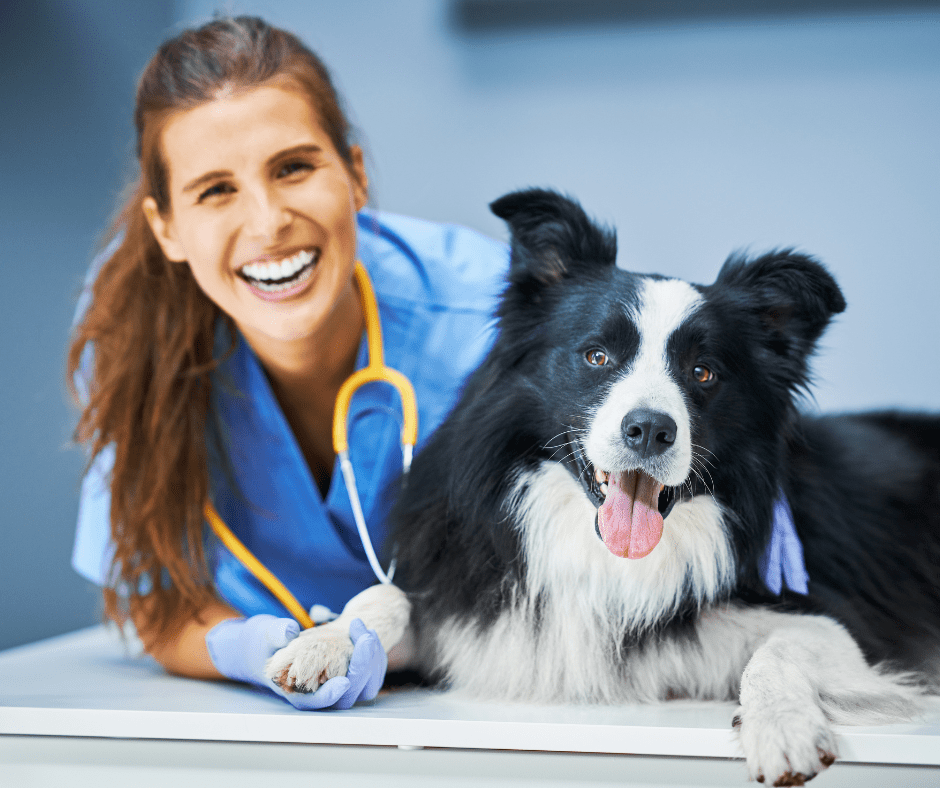
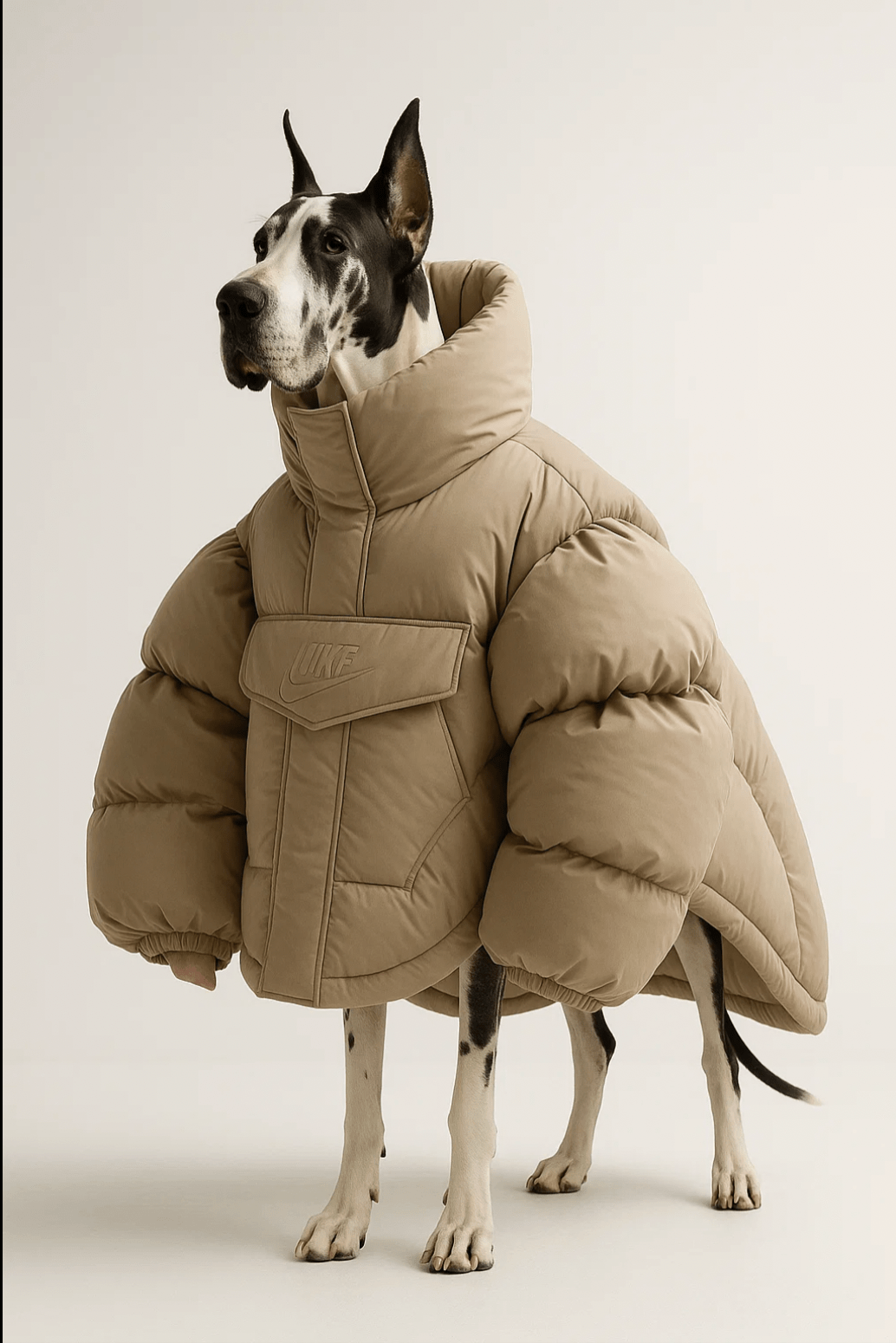

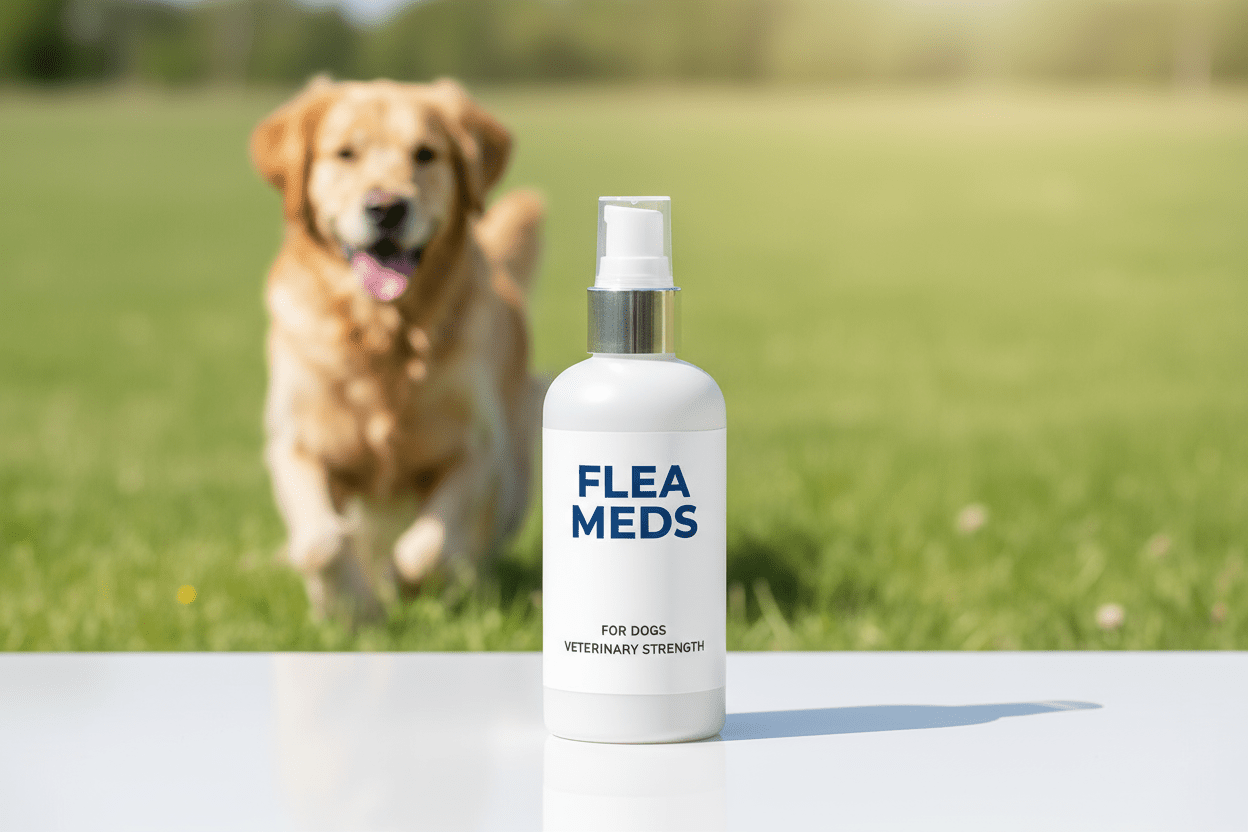
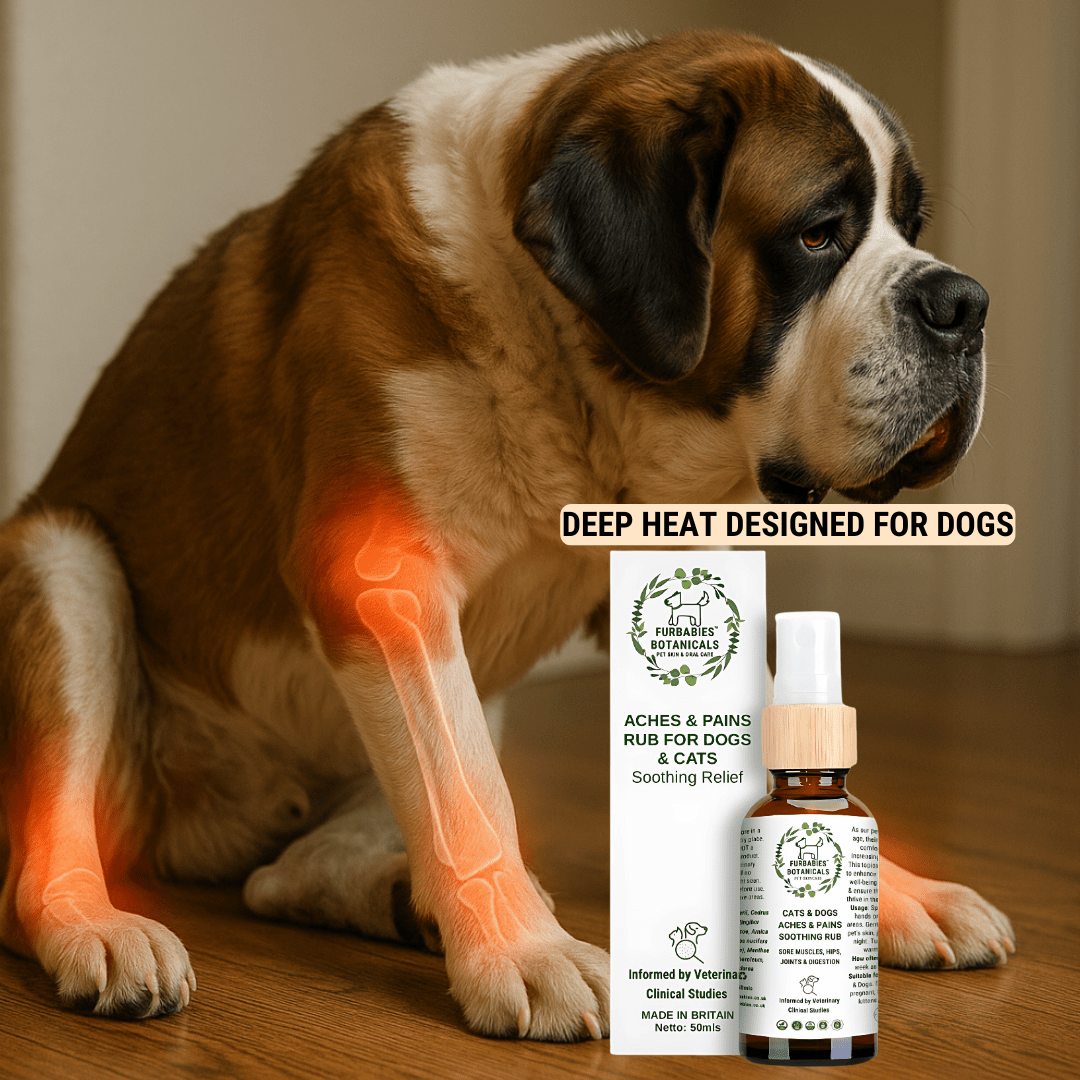


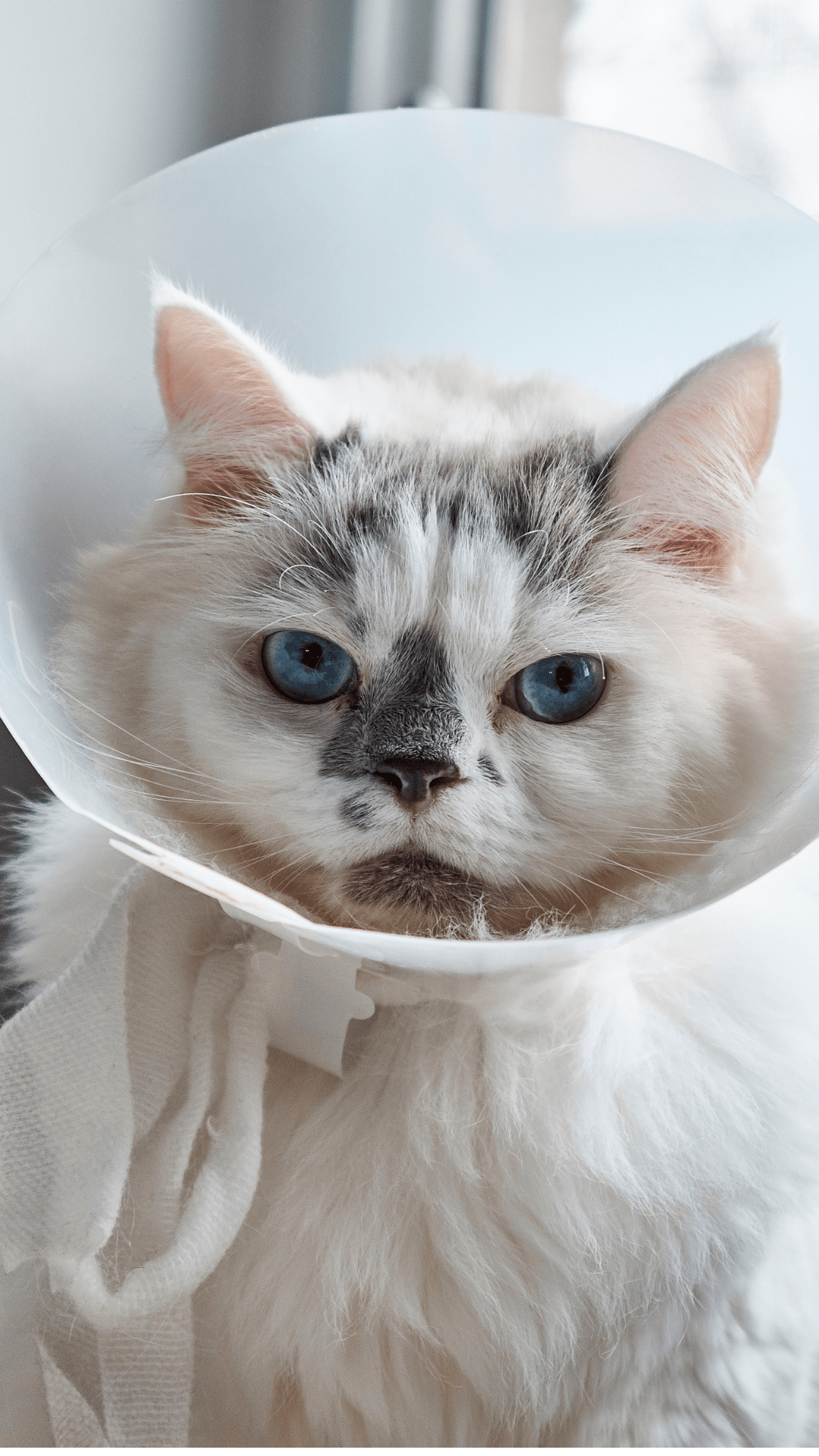
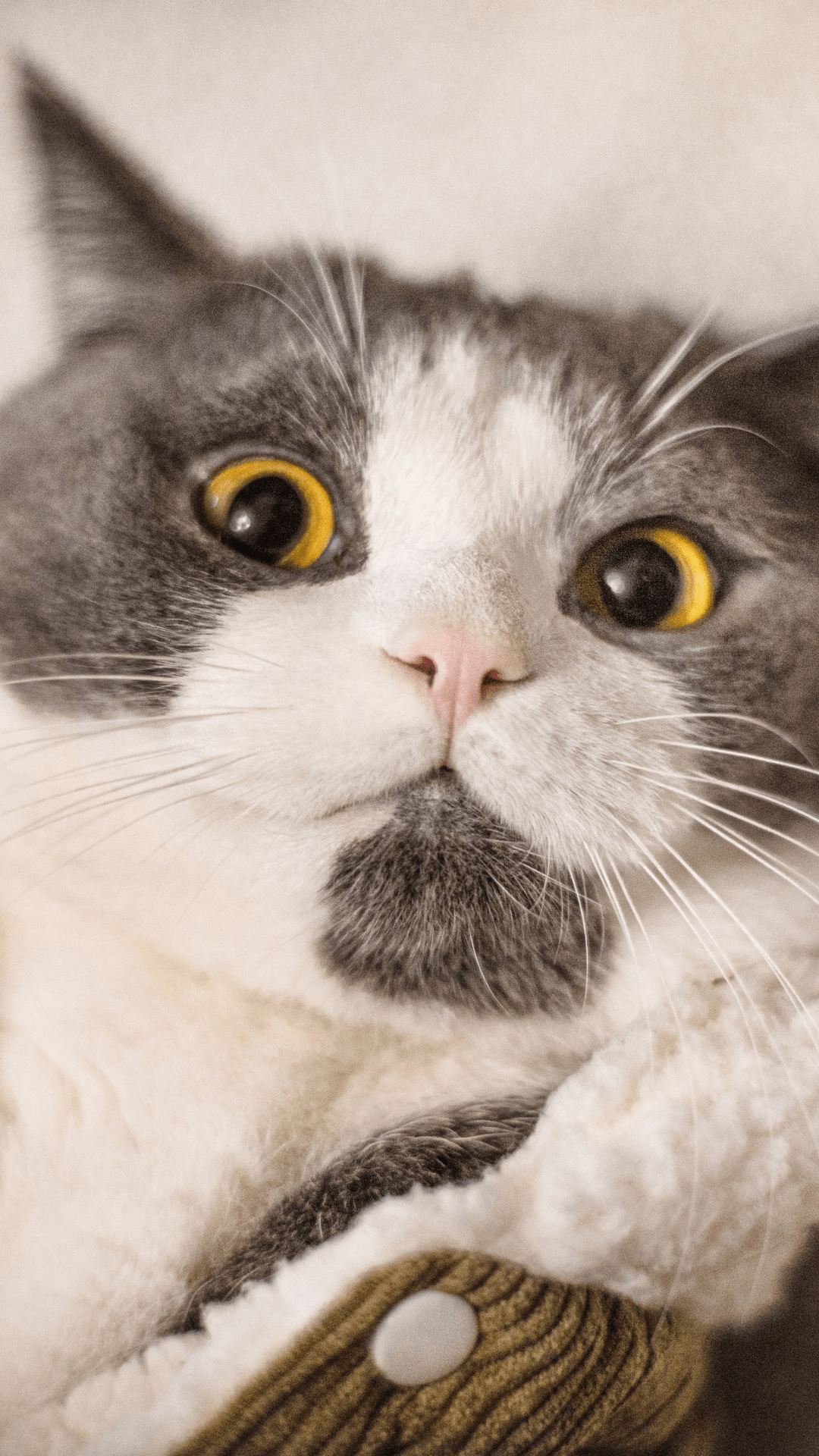

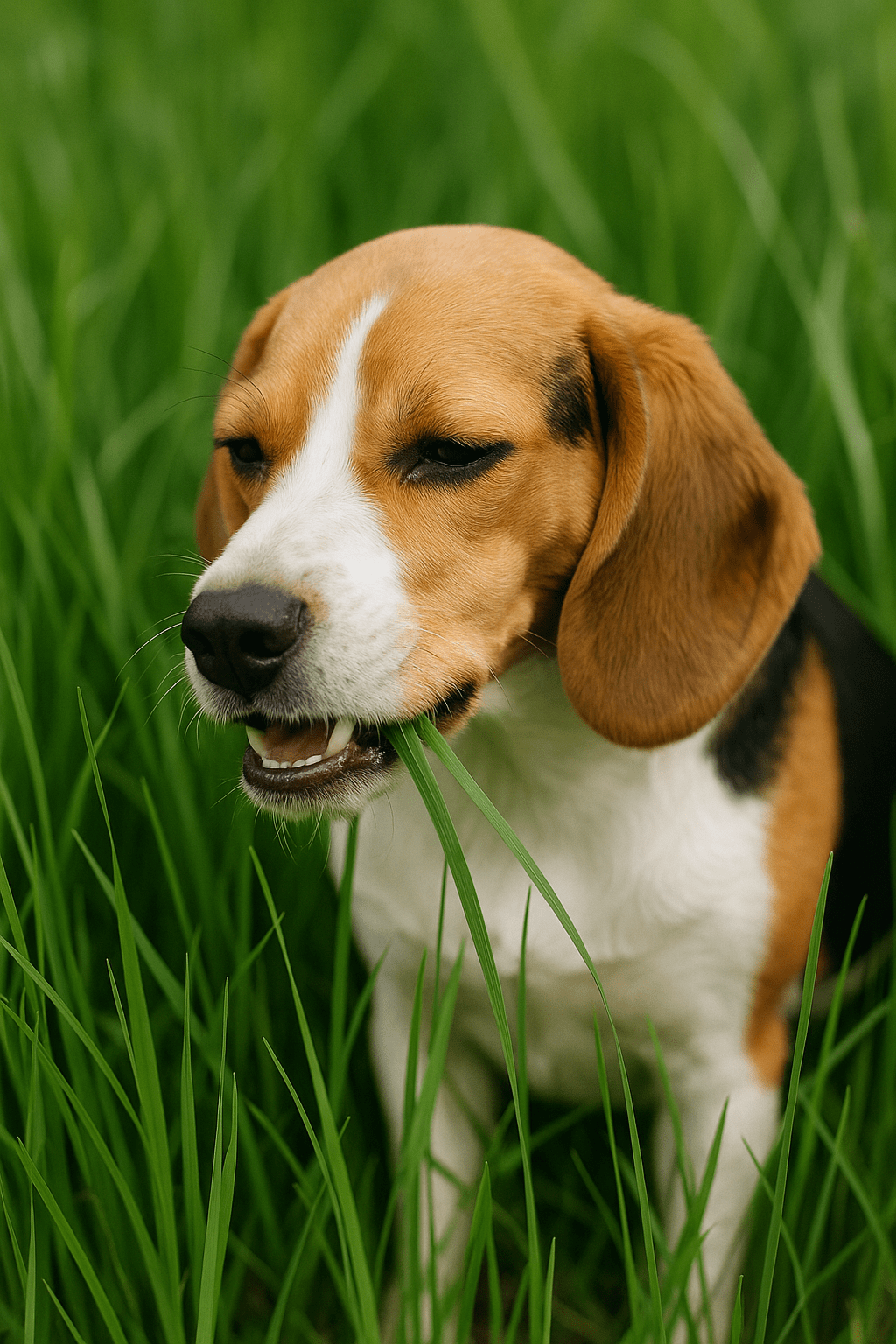

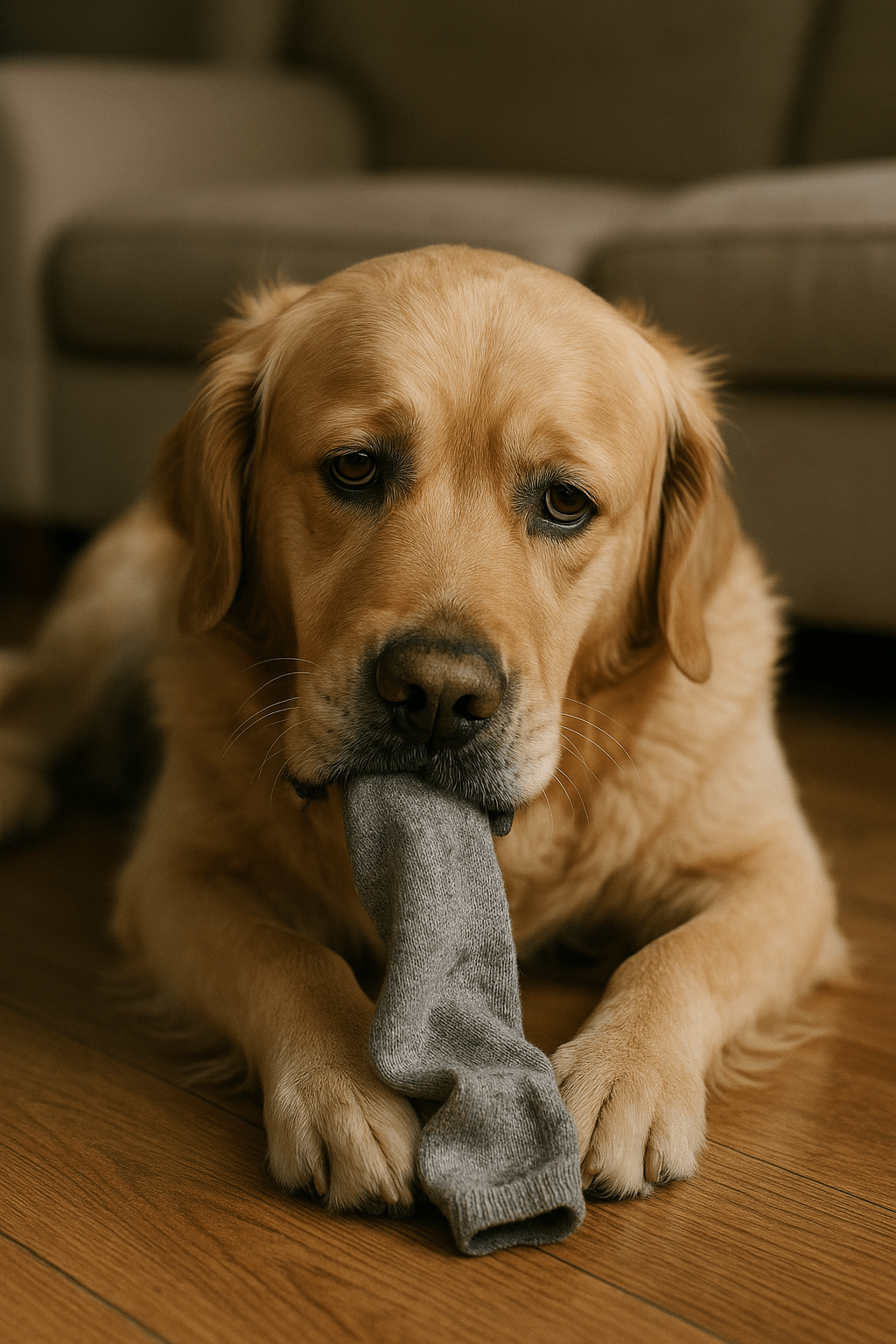
Share:
My Dog or Cat Still Has Fleas After Treatment
Financial Impact of Dog & Cat Skin Allergies